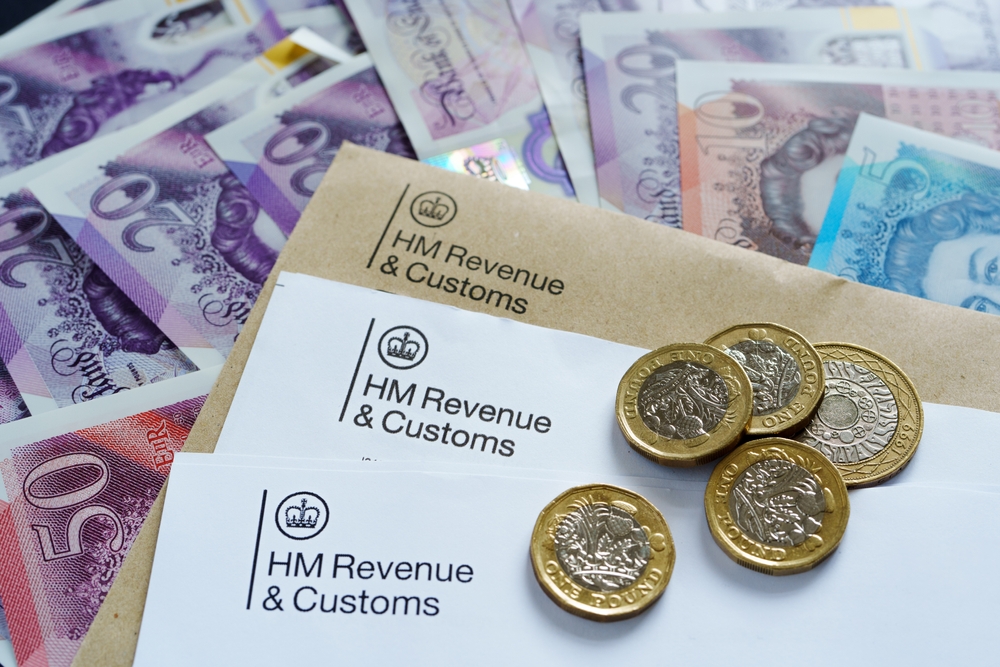
Make tax-savvy new year’s resolutions to cut stress and save money
January 8 2025
Taxpayers stand to save both money and headaches in 2025 by committing to better tax practices in the year ahead, according to leading audit, tax and business advisory firm Blick Rothenberg.
Robert Salter, a Director at the firm, notes: “Most people make personal resolutions about health and lifestyle, but your financial health is equally important—and being on top of your taxes plays a significant part.”
With the deadline for the 2023/24 tax return set at 31 January 2025, Salter suggests that anyone who has yet to complete their submission should resolve to do so earlier this year. “It will help you avoid stress and the risk of an HMRC penalty,” he says.
He also points out that taxpayers may be overlooking valuable reliefs, particularly if they pay tax at 40 or 45 per cent. Gift aid contributions can deliver immediate savings when claimed through a self-assessment tax return, and those made during the 2024/25 tax year can still be brought forward for relief in the earlier year if completed before filing.
According to Salter, pension planning can also be a powerful new year pledge. Bonuses paid in February or March could be directed into a pension scheme via an employer contribution rather than taken as cash, potentially reducing the overall tax bill.
For those looking to maximise their state pension, Salter highlights a National Insurance Contributions (NICs) easement which remains available until 5 April 2025. This allows people to fill in any gaps dating back to 2006/07 and could boost future pension payments.
Another resolution could be to review how investments are held, especially for couples where one spouse is a non-taxpayer or lower-rate taxpayer. Transferring assets legally to the lower-rate taxpayer could make the most of personal allowances and potentially reduce the overall tax burden.
Salter finally advises checking your PAYE tax code for 2025/26 to ensure any pension contributions, professional subscriptions or benefits-in-kind are accurately reflected: “That way, you get the right tax relief straight away and avoid a shock bill when your return is filed.”

